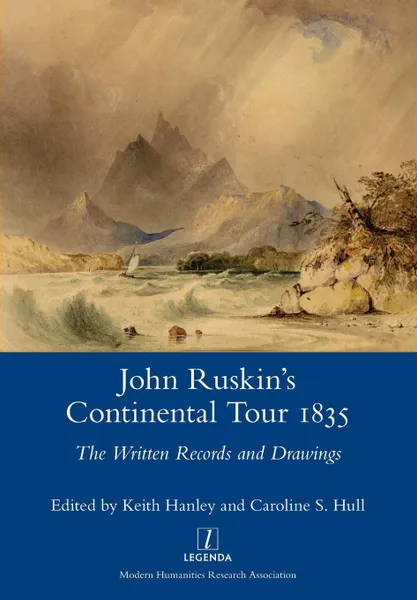John Ruskin.s Continental Tour 1835. The Written Records and Drawings 12+
📒 John Ruskin's training as an interdisciplinary polymath started in childhood. He learned to memorise the Bible at his mother's knee and published his first poem aged ten. His lifelong fascination with geology found its earliest expression in journal articles from the age of fifteen, while his considerable talents as a draughtsman were developed by leading drawing masters before he was sixteen. Rather than being a prodigy in one particular field, it was his precocious mix of religion, science and art that laid the foundations for the fulfilment of his career as a critic of art, architecture and society. The cultural tours that he made with his family as he grew up provided the crucial focus for these developing interests, and the second extended tour of the Continent in 1835 at the age of sixteen in particular established the paradigm for his orchestrated representation and analysis of cultural experience along 'the old road', through France to Chamonix, and through the Swiss Alps to northern Italy as far as Venice.His diary of the journey and associated writings, together with numerous drawings he made in relation to it, are annotated and fully catalogued for the first time in this edition that includes maps and an introductory essay.
Мнения
